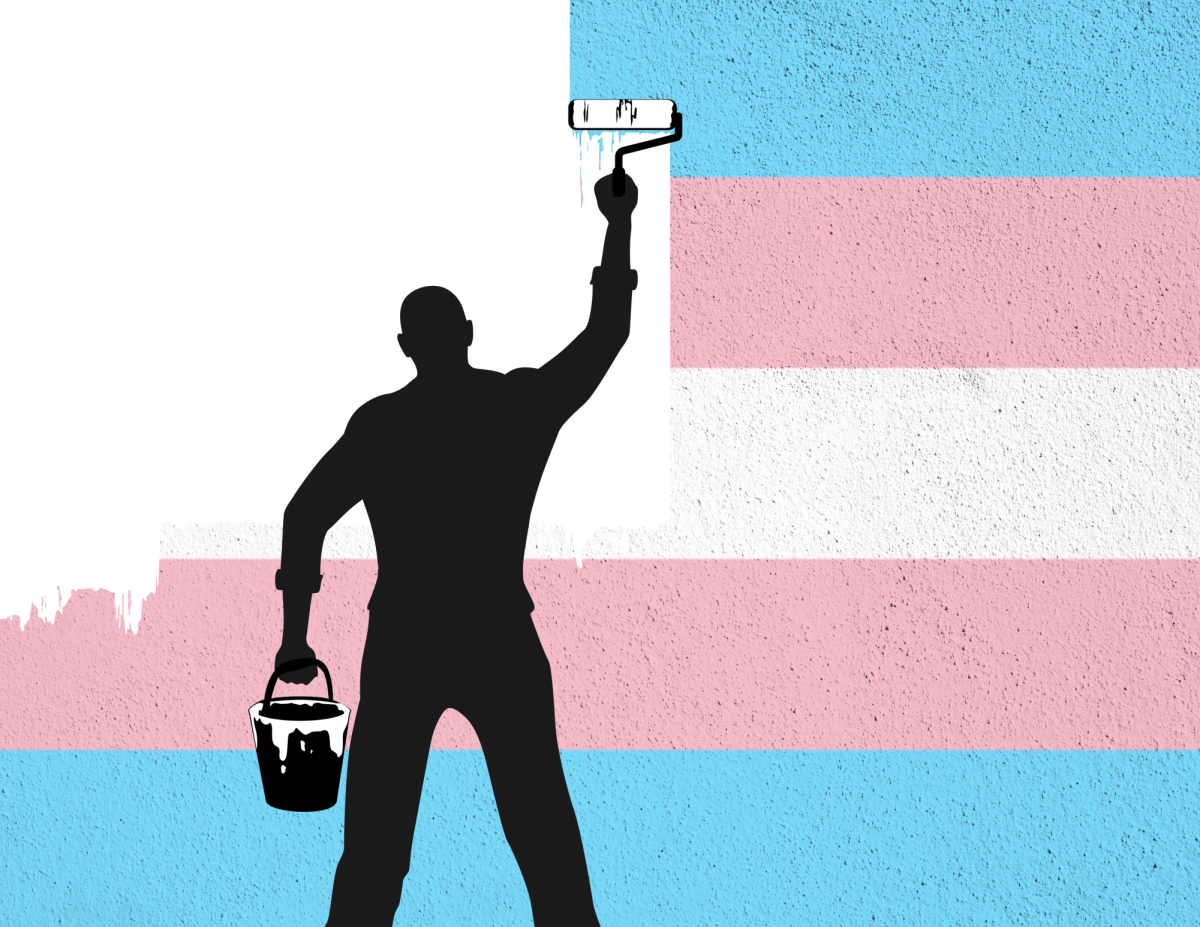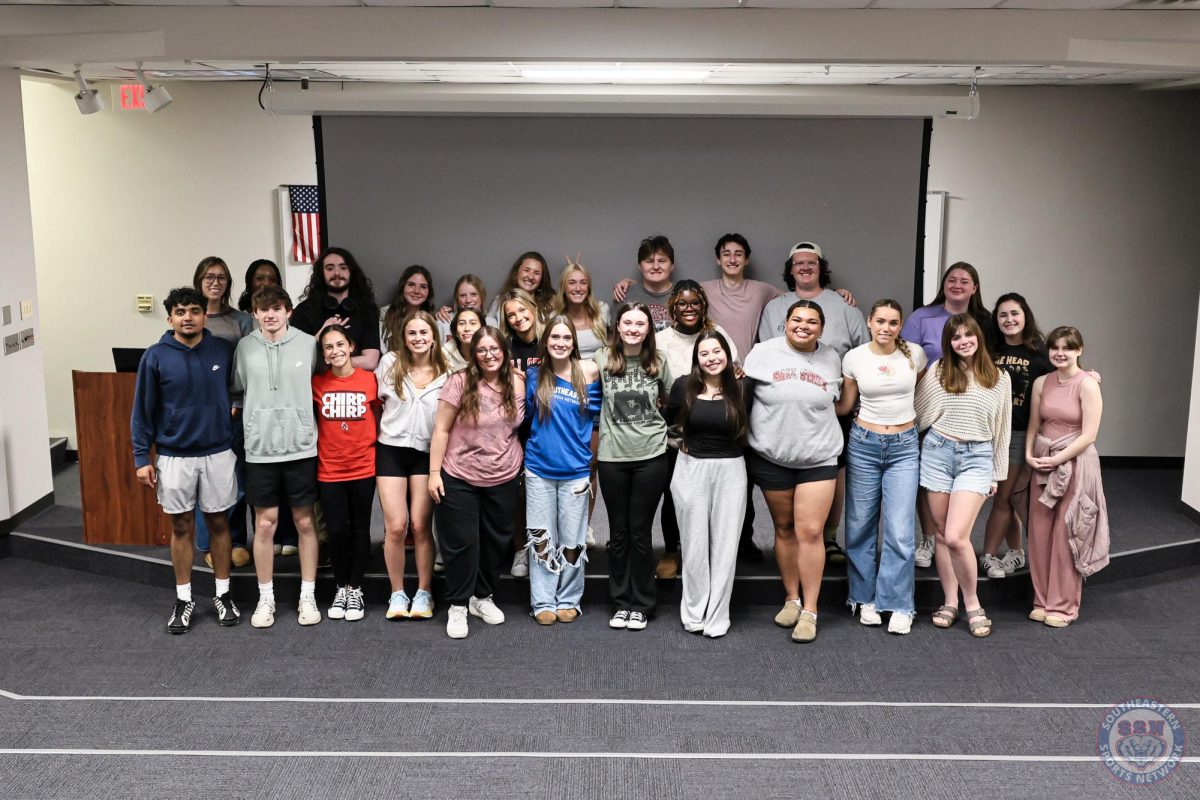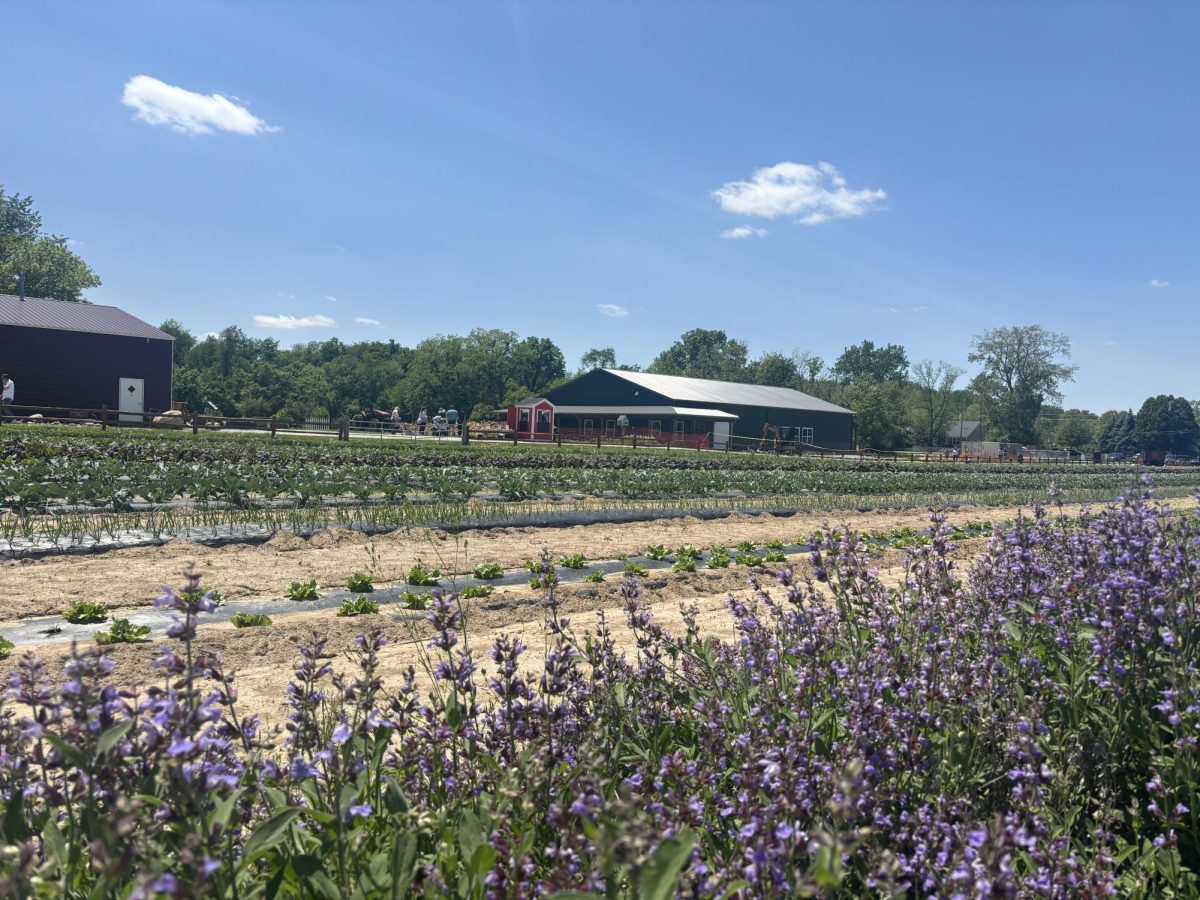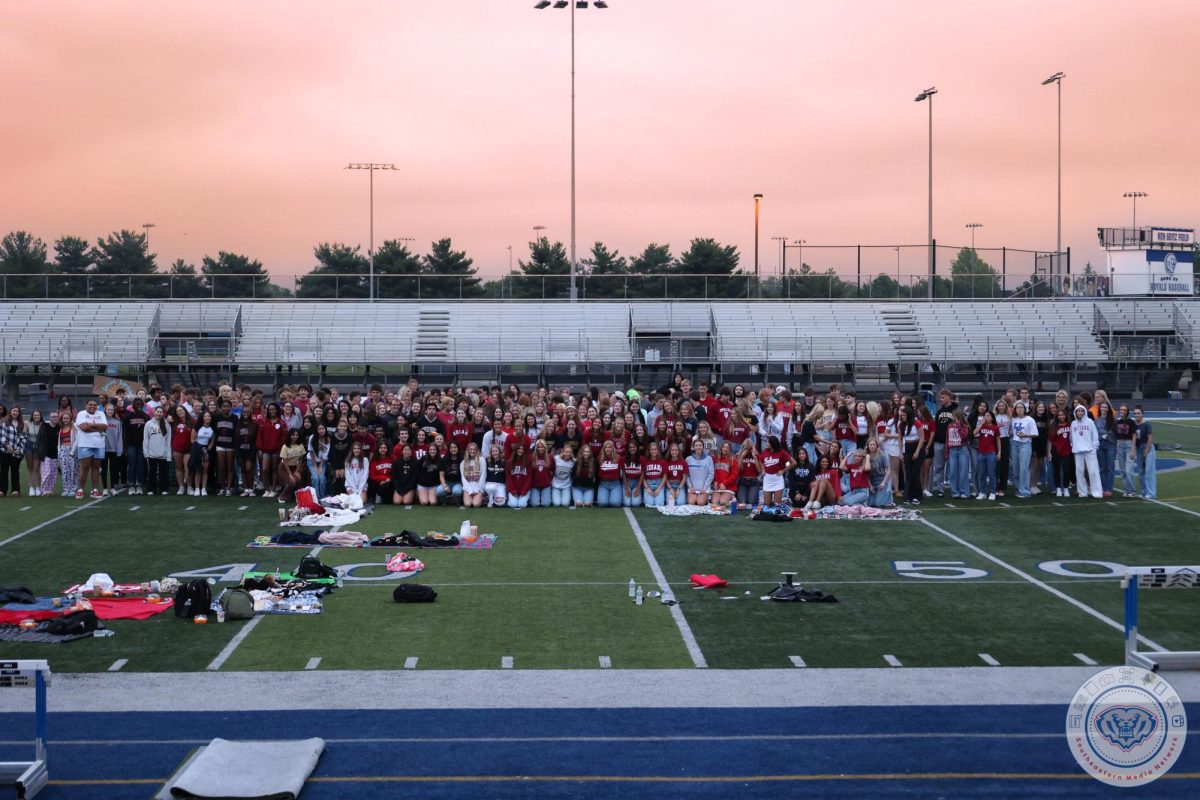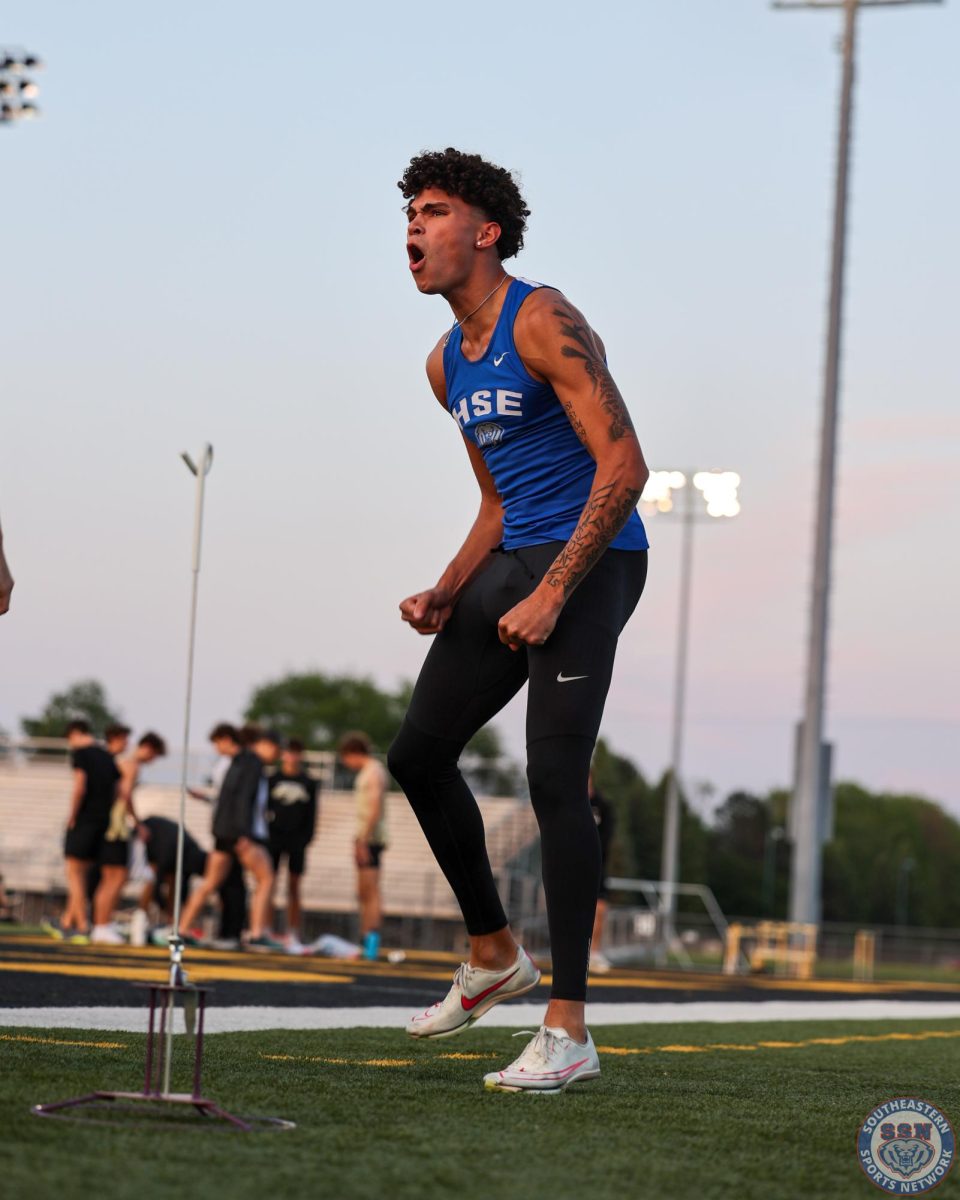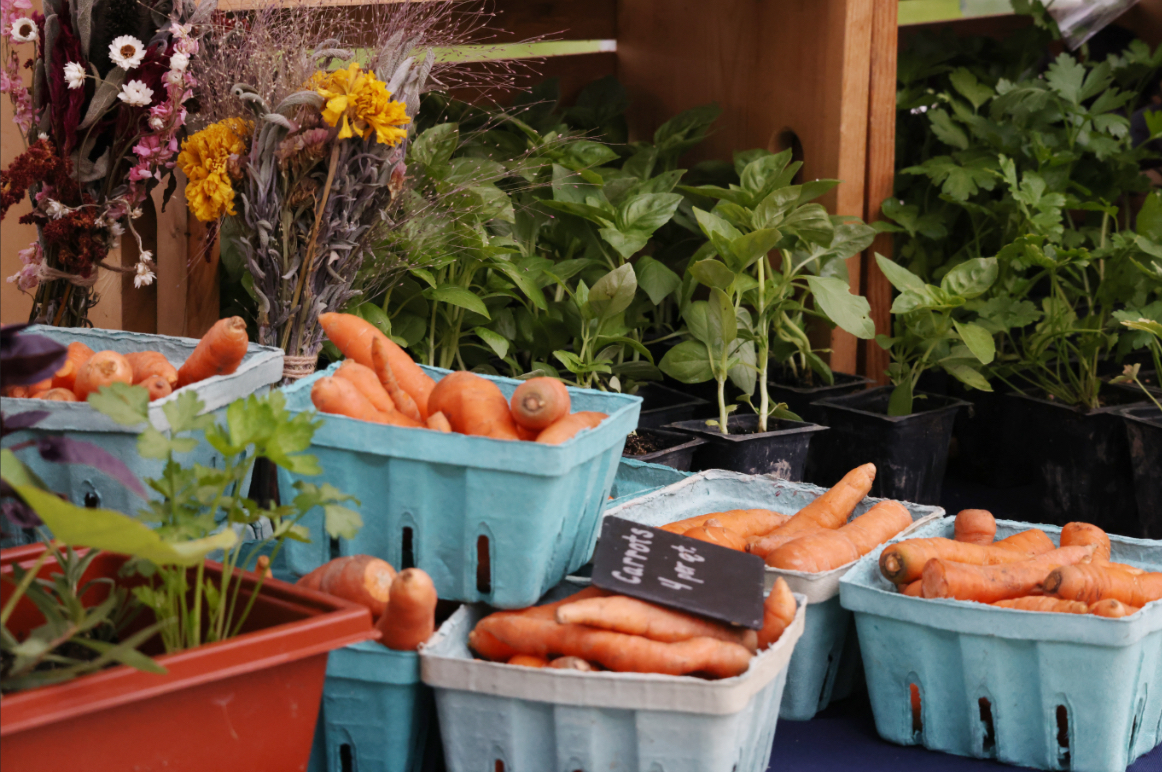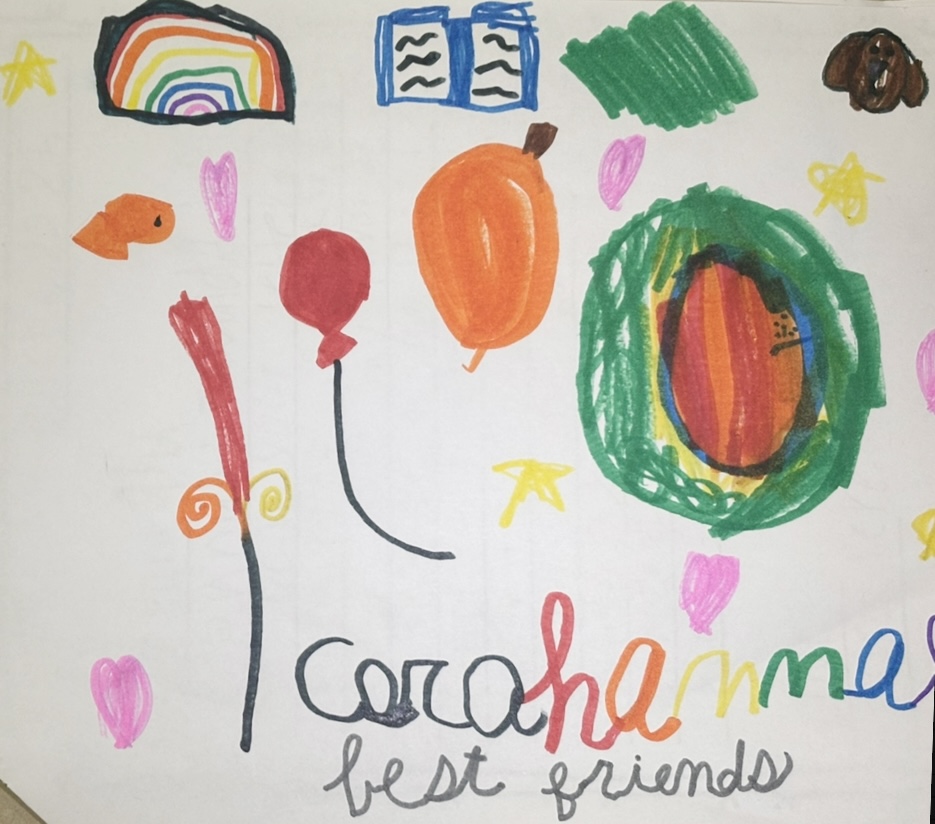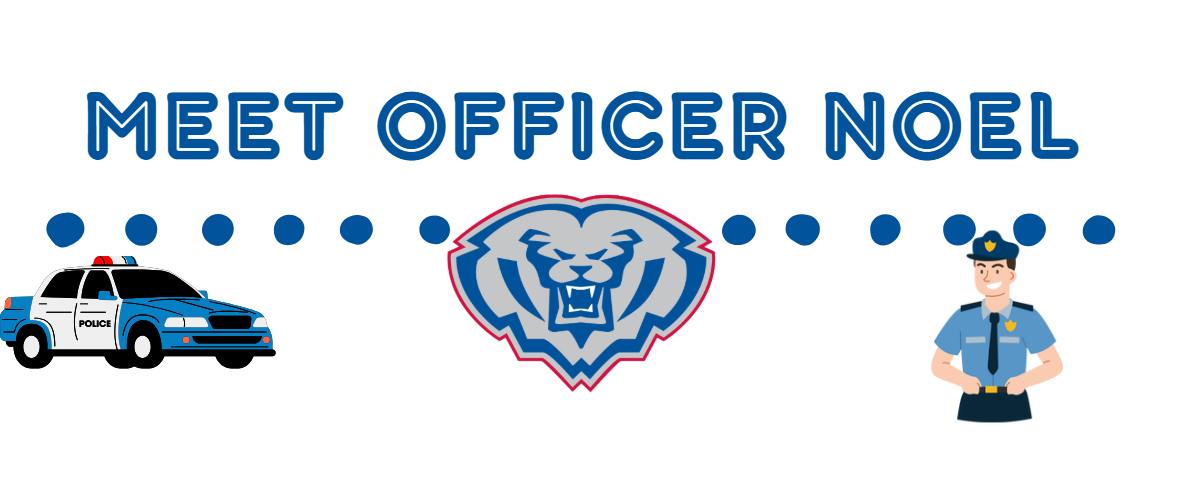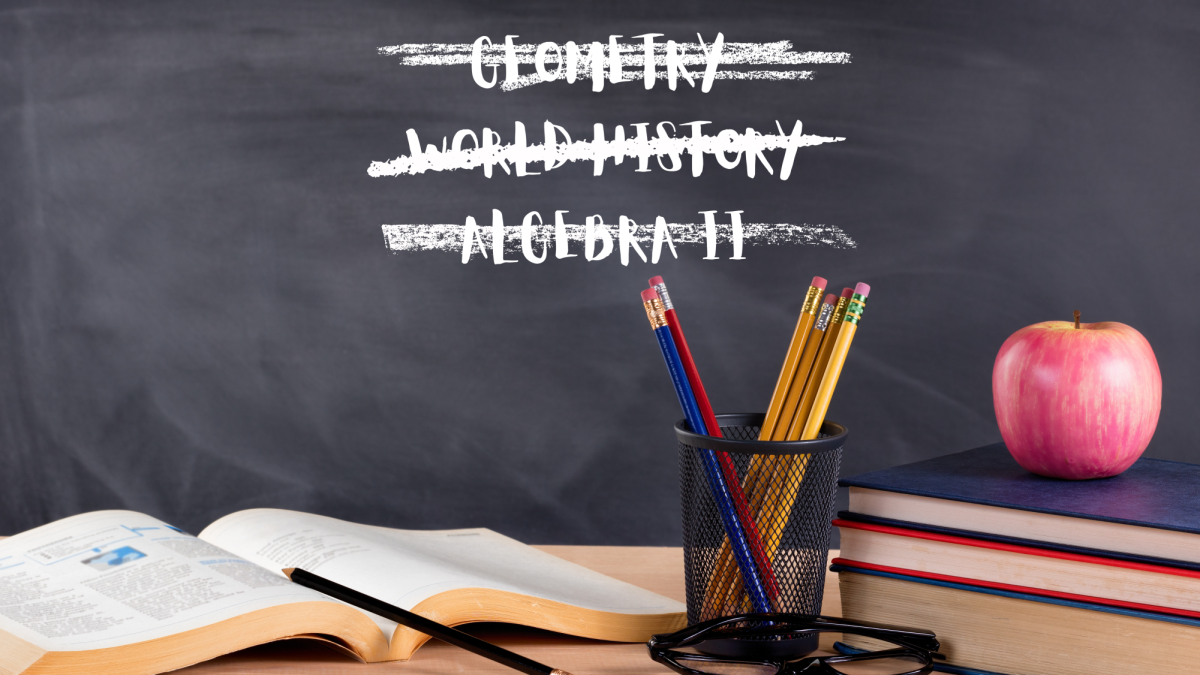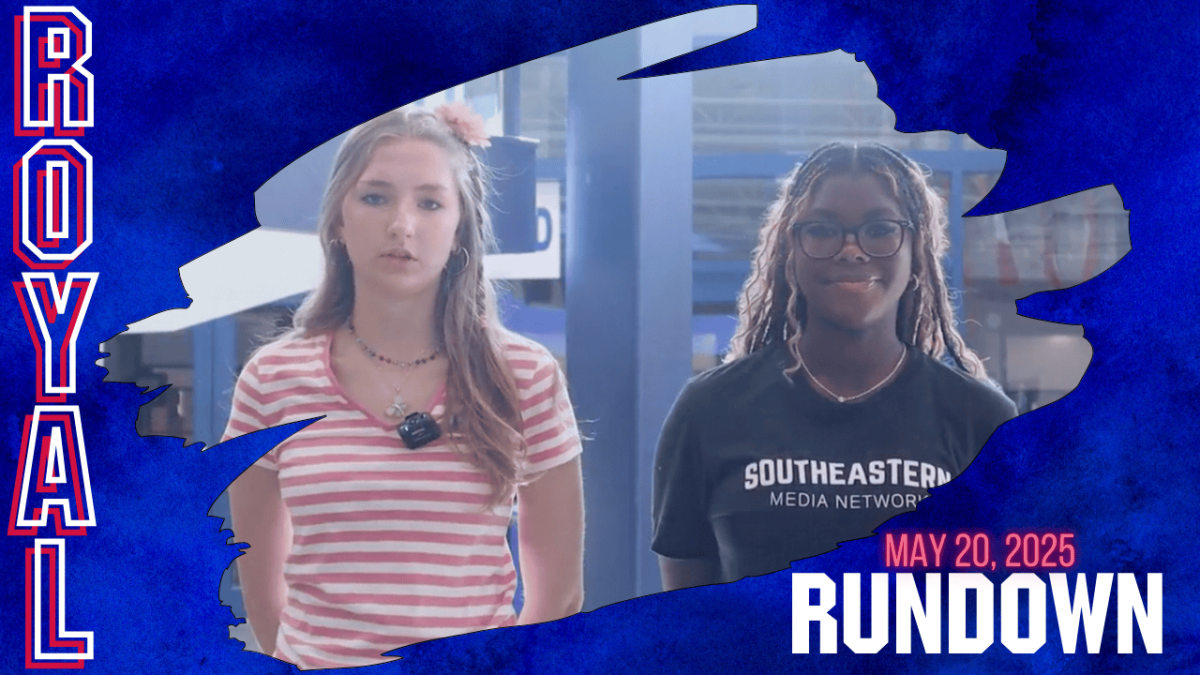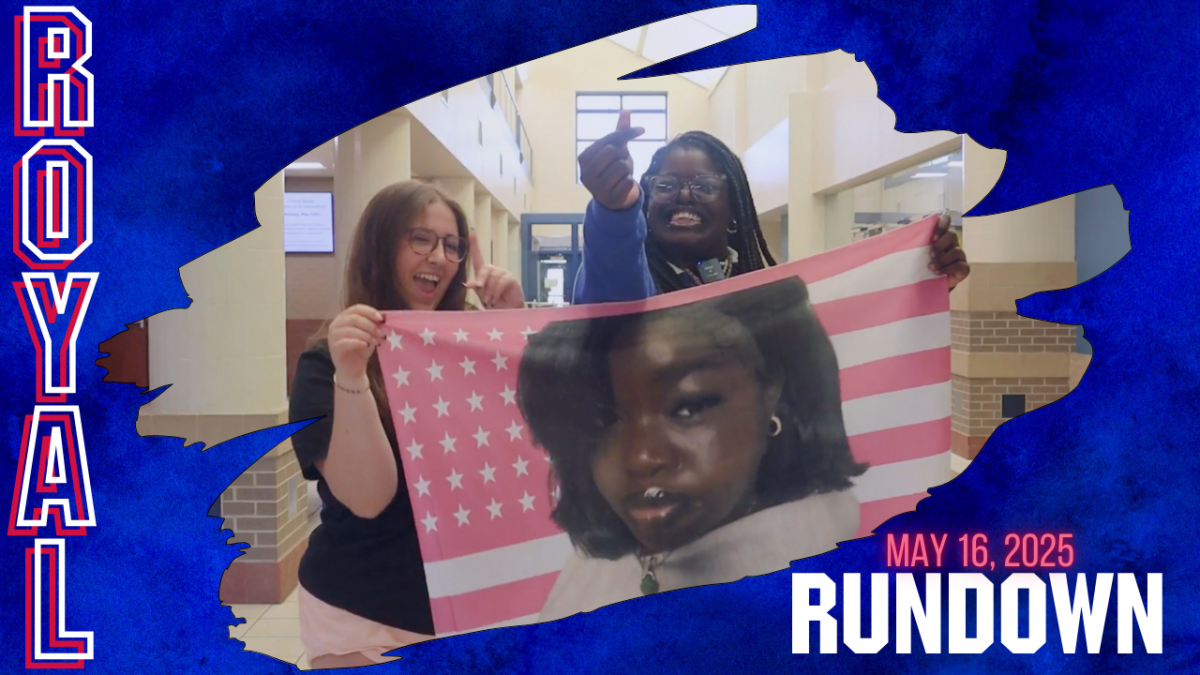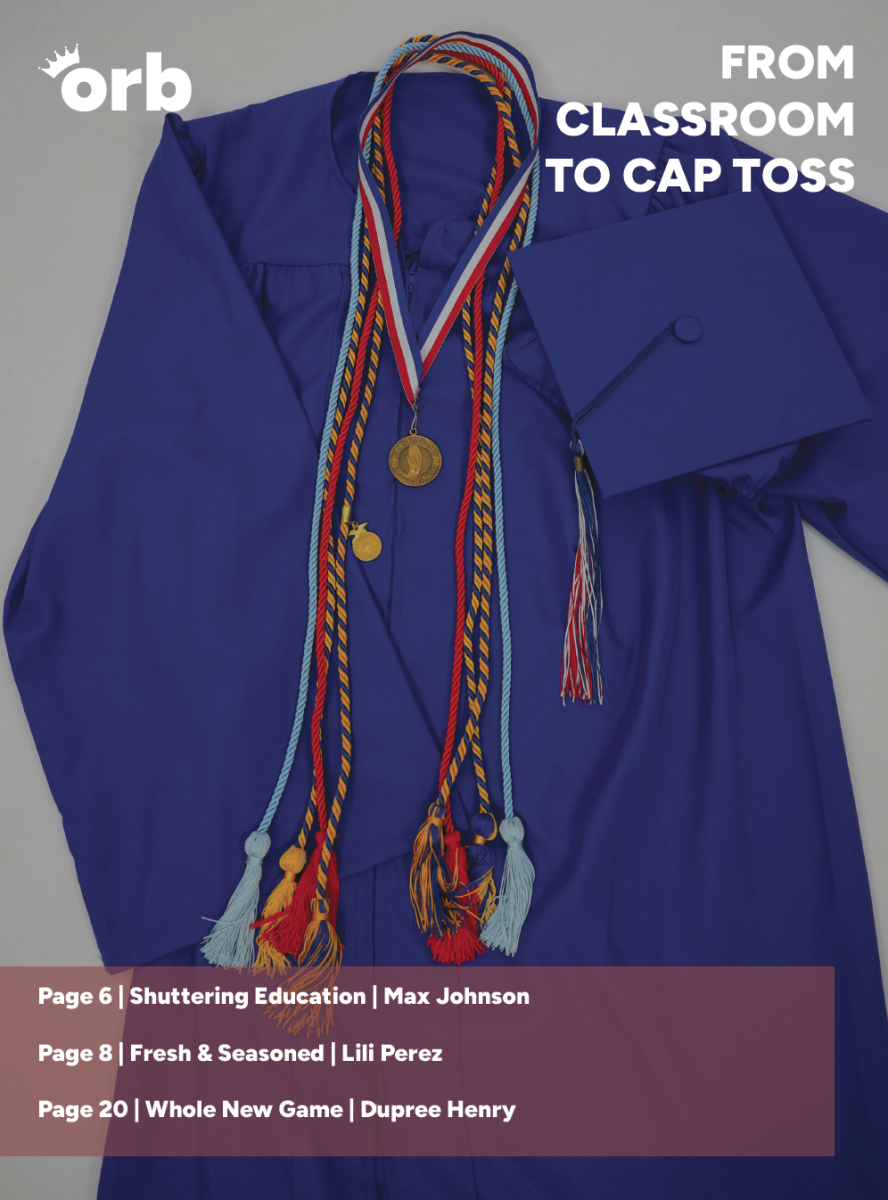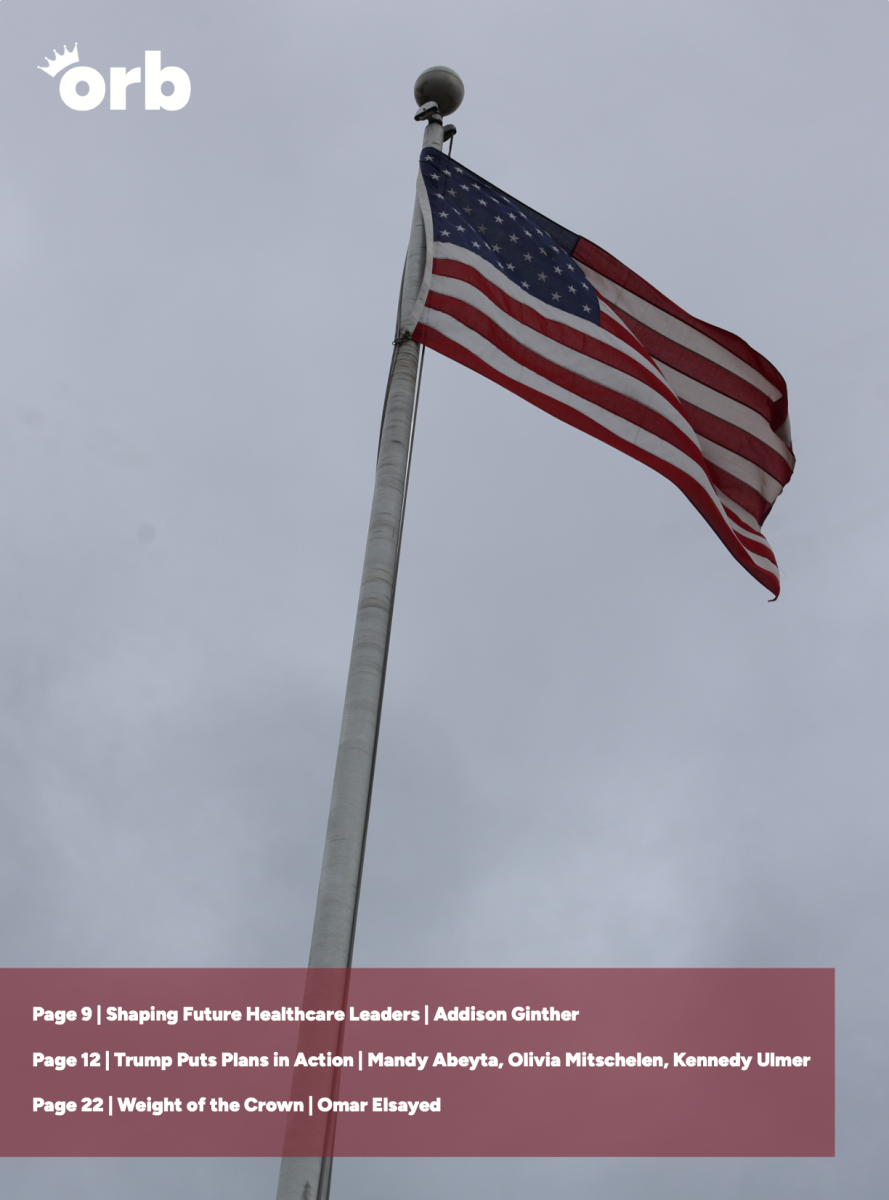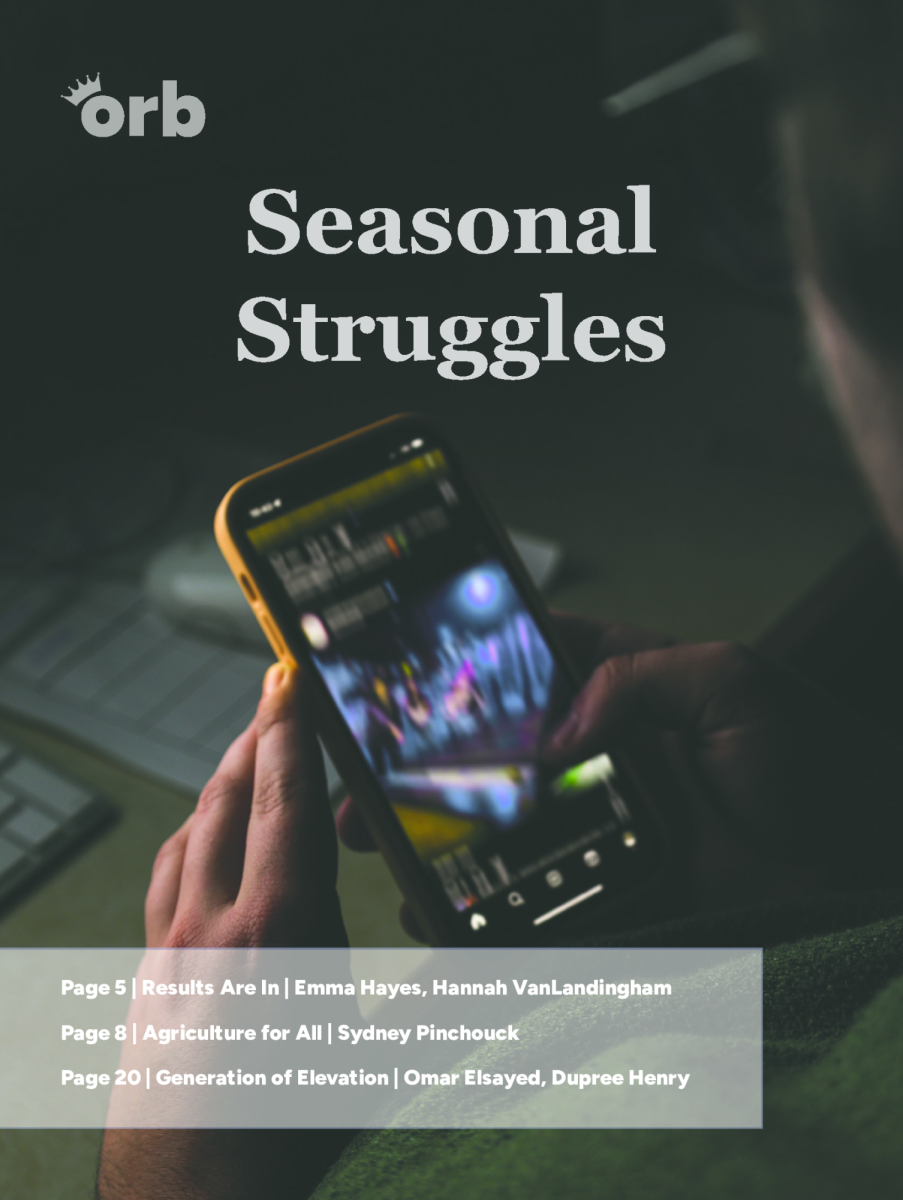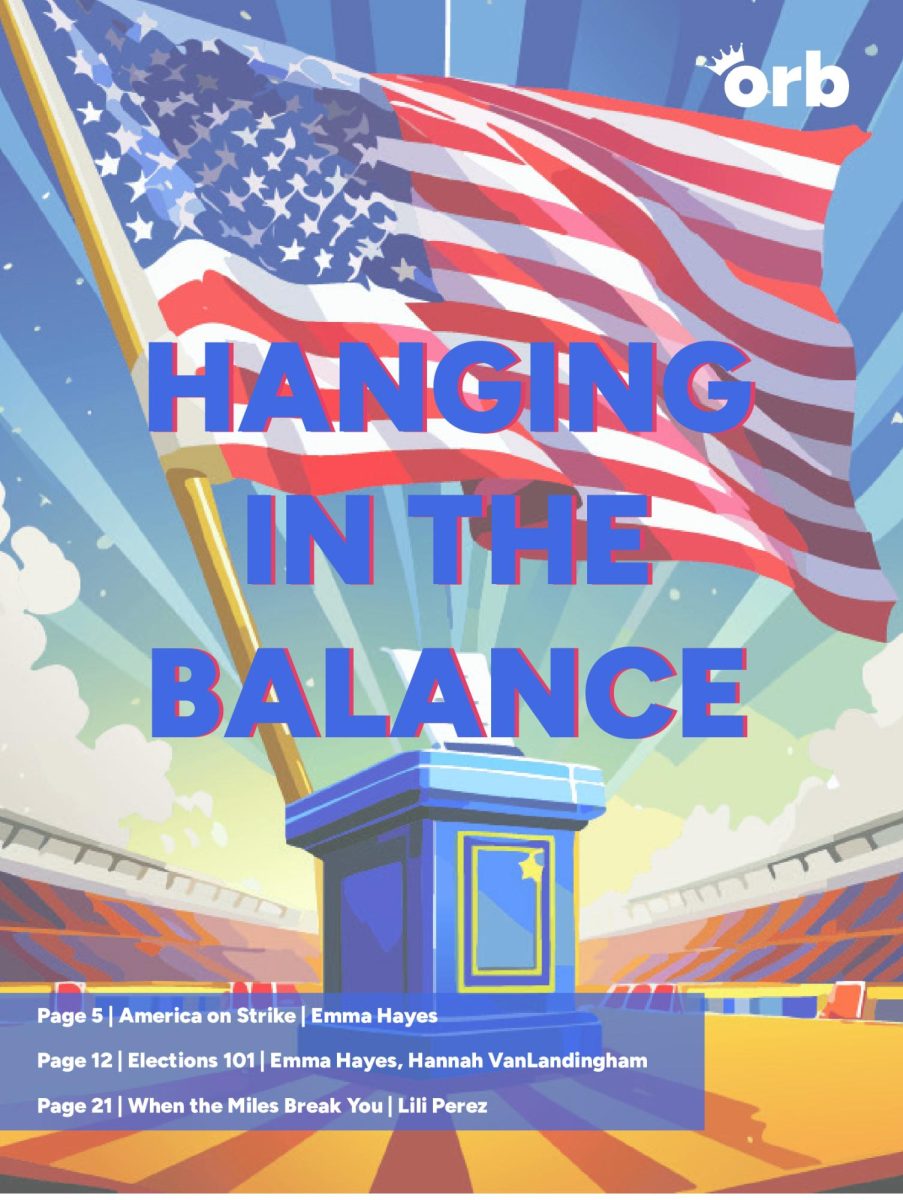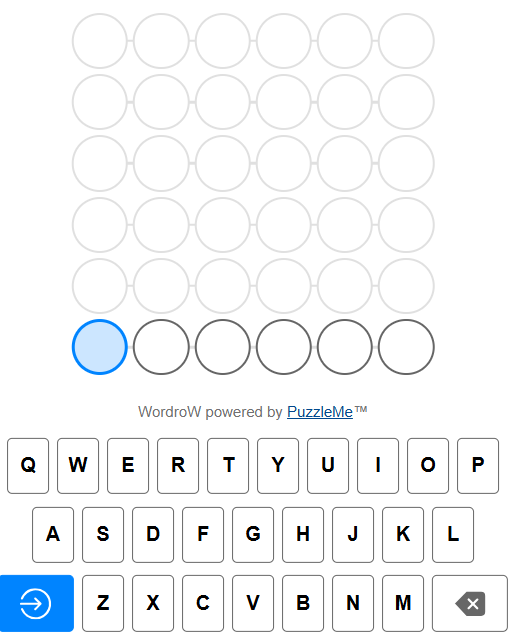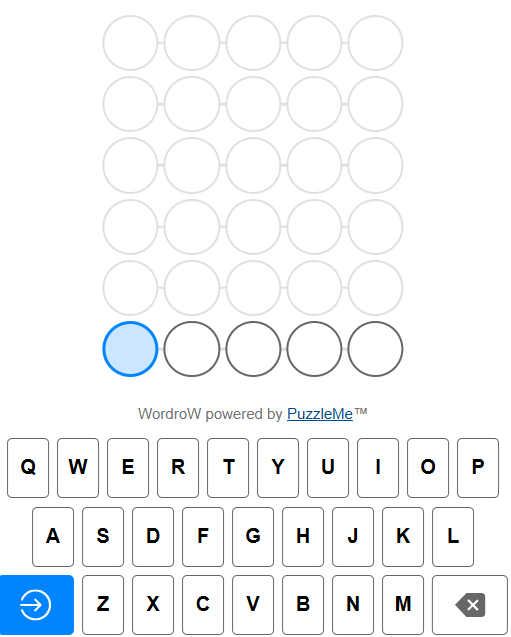Students all over the world go through their entire high school experience without even thinking about elections or government, let alone getting involved. The outcomes of elections, no matter how big or small, affect what occurs in schools and the restrictions as well as freedoms students have.
“Elections at every level, from national, to state, to municipal, affect our students,” Vice President of the Hamilton Southeastern Schools Board of School Trustees Ben Orr said. “The most direct of these being our local school board. While not being directly involved in day-to-day activities like a principal or superintendent, board members certainly carry heavy influence operationally and culturally.”
“[The board oversees] the district-level budget, district-level policy, and the superintendentk,” Orr said. “These broad categories can affect students in all kinds of ways from facilities and maintenance to academic offerings to staffing, to building-level policy such as handbooks. Students should absolutely be aware of their most direct form of government and involve themselves as much in the process as possible, regardless of age.”
As more of Generation Z become of voting age, the youth are increasingly given the opportunity to become more involved in politics. Starting locally could be the solution to small or large issues. When it comes to larger elections, sophomore Jake Shafer agrees with the fact that being educated is step one.
“I think it’s better that I can’t vote in the election,” Shafer said. “… if I voted I wouldn’t understand enough about politics to be able to vote for what I really would want for this country, and I may end up voting for something I may not fully support. I don’t mind [not being able to vote] … because I understand and support why these limitations are in place. I believe voting is a privilege and a right and it needs to be taken care of with a mix of preparation and personal belief.”
In today’s elections, youth are increasingly voicing their opinions.
“One voice can change a room,” former President Barack Obama said. “And if one voice can change a room, then it can change a city. And if it can change a city, it can change a state. And if it can change a state, it can change a nation, and if it can change a nation, it can change the world. Your voice can change the world.”
Besides the U.S Election, there are several ways students can get involved and voice their opinions. Many students wait years wishing they could vote, especially when they are affected by large topics of interest. Students can read and comment on these issues on various social media platforms such as Instagram, Facebook and X. Resources and information can also be found online on national news networks such as Fox, CNN and Associated Press.
“Because of the implications of this election, I do wish I was able to vote,” junior Vine Saopa said. “Now that topics like the educational system are coming into focus and younger people are becoming more involved in politics, I think the opinions of these younger people would be important for their lives and futures. Social media and the internet make it really easy to find political information and become educated on it, so I believe sharing facts and beliefs can allow for changes to take place even if you can’t vote.”
Senior Kenzee Boezman advocates for voting as a student, a long standing American right that many exercise every year.
“I feel great,” Boezman said. “I feel like wanting to make a change. Change is a good thing. It is inspiring. Being able to help those around a community at HSE is life changing. Speaking to the underclassmen, voting is an important part of building our community around us better. It helps us to want to change the future and make it great as possible at HSE. An essential part of voting makes us want to feel more heard and acknowledging that we … as [students] can feel valued and welcomed.”

